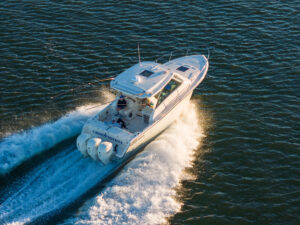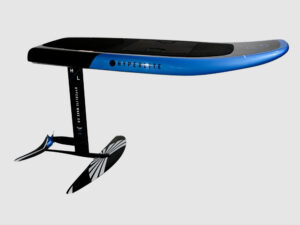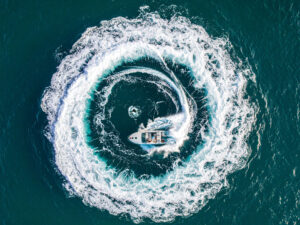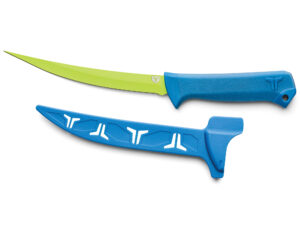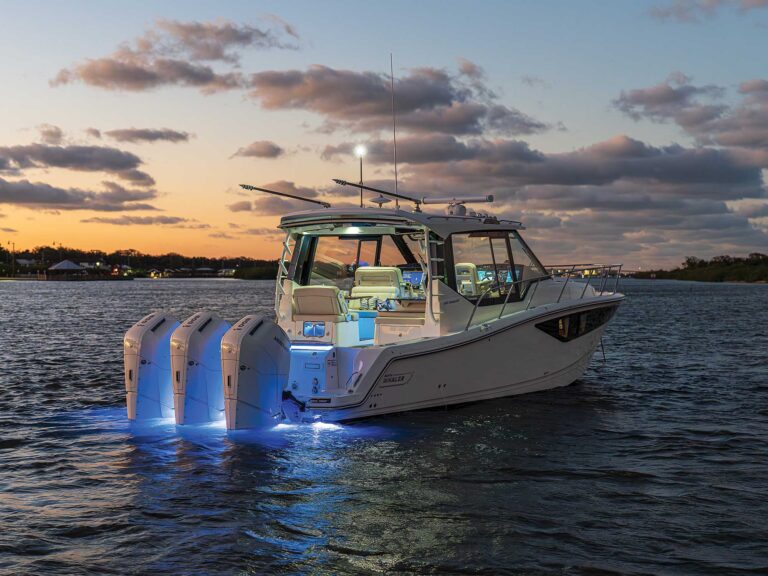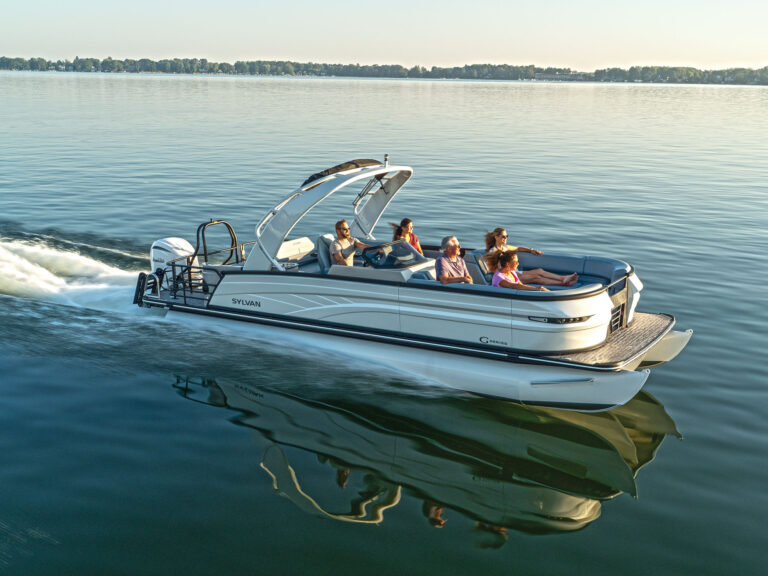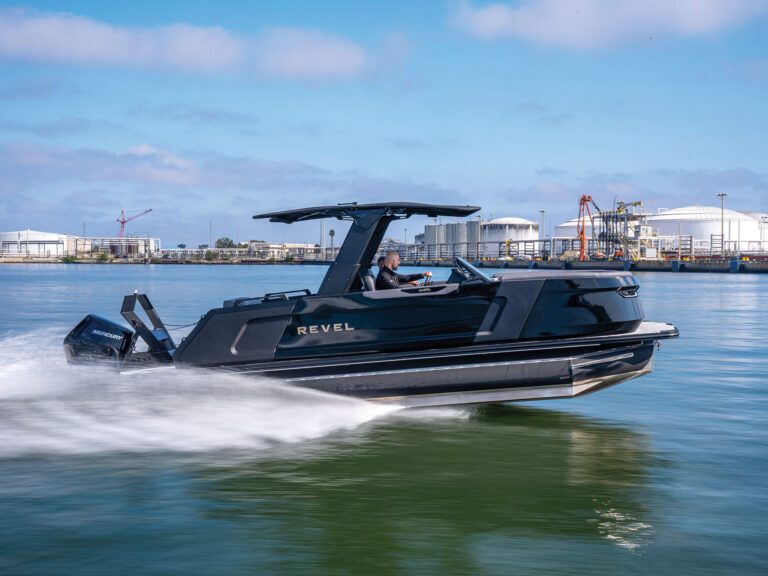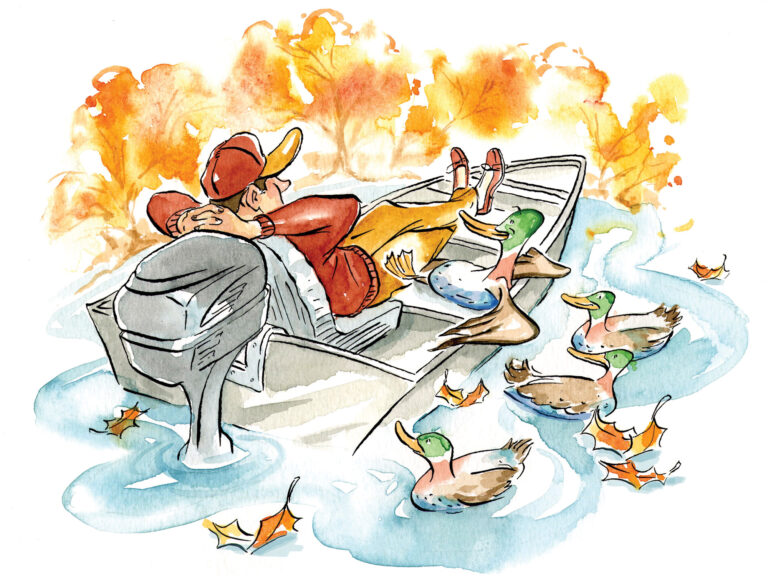
When you first learn to get up on water skis or a wakeboard, it’s an exhilarating experience. The feeling is euphoric when you let go of the handle and surf behind the boat for the first time. But once you’ve mastered getting up and following the boat on skis, kneeboard, wakeboard or wakesurfer, you might ask yourself, “What’s next?”
It’s human nature always to want more. Once we accomplish a goal, we’re ready for the next step.
When you’re ready to move past just following the boat, there are two keys to work on. The first is to direct the ski or board away from a straight path. Water-skiers and wakeboard riders do this by crossing the boat’s wake back and forth. Wakesurfers do so by carving the board up and down the wave.
The second key is to execute a 180- or 360-degree rotation on a wakeboard, wakesurfer, kneeboard, or trick ski. By moving past merely following the boat, you can improve your skill level and develop a long list of tricks.
The first golden rule to understand is that the lower body does the work when crossing from side to side or when doing rotations. The upper body follows the lower body. Many incorrectly use the upper body to create movement either across the boat’s wake or when initiating a rotation.
Crossing the Wake
In water-skiing and wakeboarding, because the skier or rider is holding the handle, the tendency is to lean away from the boat, and that pull on the upper body causes the skier or rider to pull even more against the handle to initiate movement. That’s why it is imperative that you ski or ride over the center of the ski or board to eliminate the feeling of pull on the upper body.
Instead of thinking that you are crossing the wake, think of the ski or board as leading the way and your upper body follows. To have the ski or board lead the way, focus on using the strength in your feet and legs to direct the ski or board in the desired direction. By doing so, you are putting the ski or board on edge to get direction either to your right or left.
Rotation
When you turn a wakeboard, wakesurfer, kneeboard, or trick ski around, the board needs to lead the rotation. Focus on using the strength in your hips, legs, and feet to rotate the board either on the surface of the water or when getting air time by using the boat’s wake.
On YouTube, watch a super-slow-motion video of Olympic figure skaters doing triple or quad rotations in midair. The skater lifts from the ice and gets rotation in the air by using leg strength. As the figure skater begins the rotation, the arms and hands draw close to the body, and the upper body follows the lower body.
Read Next: Three Keys for Tow-Sports Safety

Control Your Eyes
Your eyes play a crucial role when it comes to crossing the wake, carving the wake on a wakesurfer, or executing any rotation. When crossing the wake, most people are looking down at the water ahead of them. This leads to your upper body breaking at your waist, resulting in leading with your upper body. Instead, keep your back and head upright and focus on the horizon. This technique will allow you to lead with the ski or board.
When performing a rotation, it is common to lead the turn with your eyes. However, when initiating a rotation, look at the boat just above the boat’s windshield. This technique will enable you to turn the board while keeping the upper body quiet.
Understanding these techniques will allow you to go beyond just following the boat and expanding what you can do, and you will have more fun with your favorite new tow sport.

